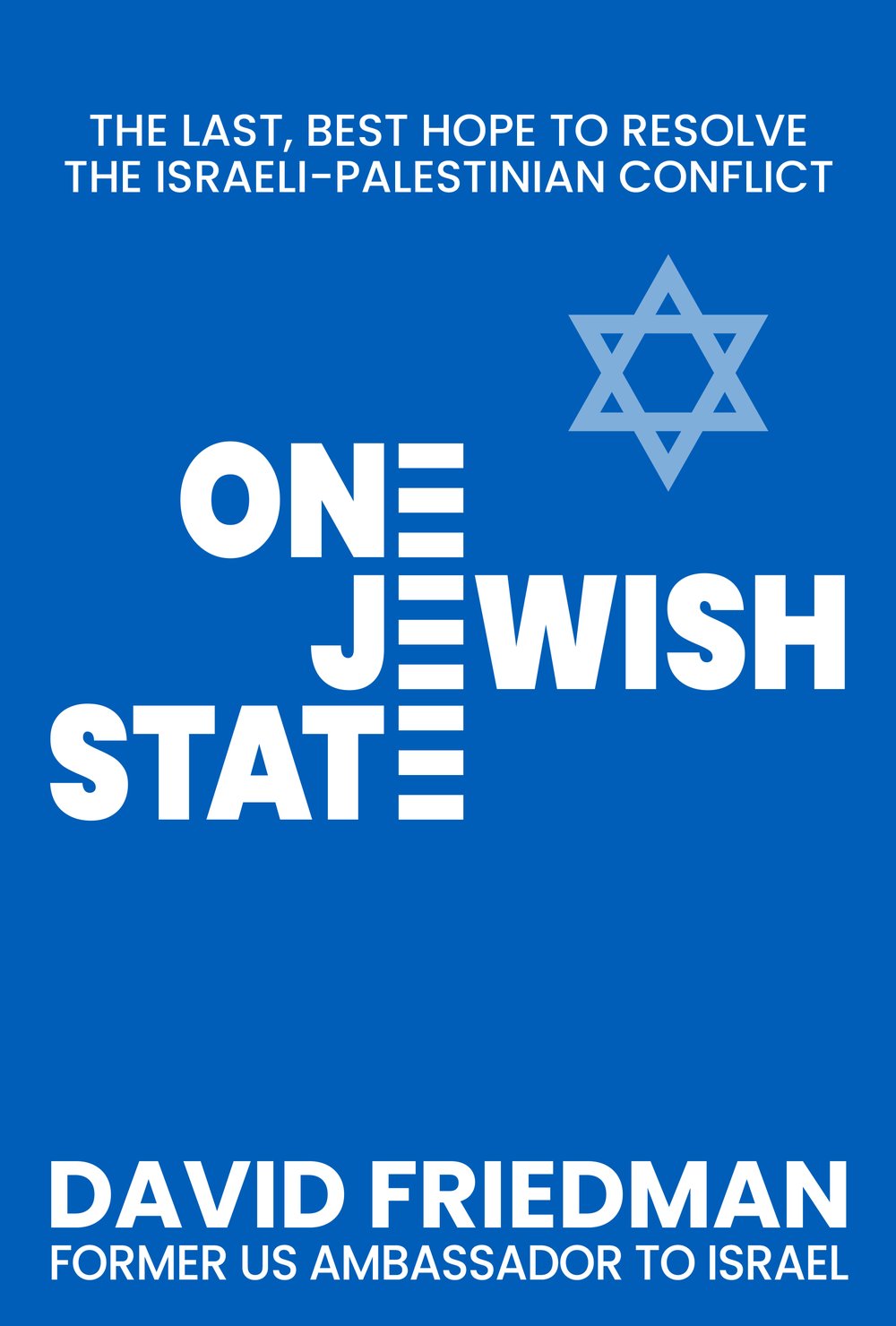The Machinery of Freedom
Guide to a Radical Capitalism
David Friedman's The Machinery of Freedom argues for the extension of free market solutions into every area of life, from streets and roads to law enforcement. Friedman applies mainstream economic theory to everyday problems, brushes aside fallacious economic reasoning, and answers the most likely objections to make a formidable case for replacing state coercion with free and voluntary transactions.
Friedman examines the ethics of economic life and shows how property is essential to the maintenance of any society. He refutes misconceptions about the ethical consequences of property and contracts, especially those concerned with interest on capital and the distributive repercussions of recognizing people's property rights. He gives a clear analysis of the problem of monopoly, showing how attempts to create a monopoly without government help result in failure, and how government imposed monopoly helps a privileged group while hurting the general public.
Earlier editions of this work gave rise to a long-running debate among economists about the feasibility or desirability of turning police, courts, and law over to the voluntary arrangements of individuals. This new edition explores the latest wrinkles in these debates, and makes the case that law creation and enforcement can efficiently emerge from voluntary interactions.

